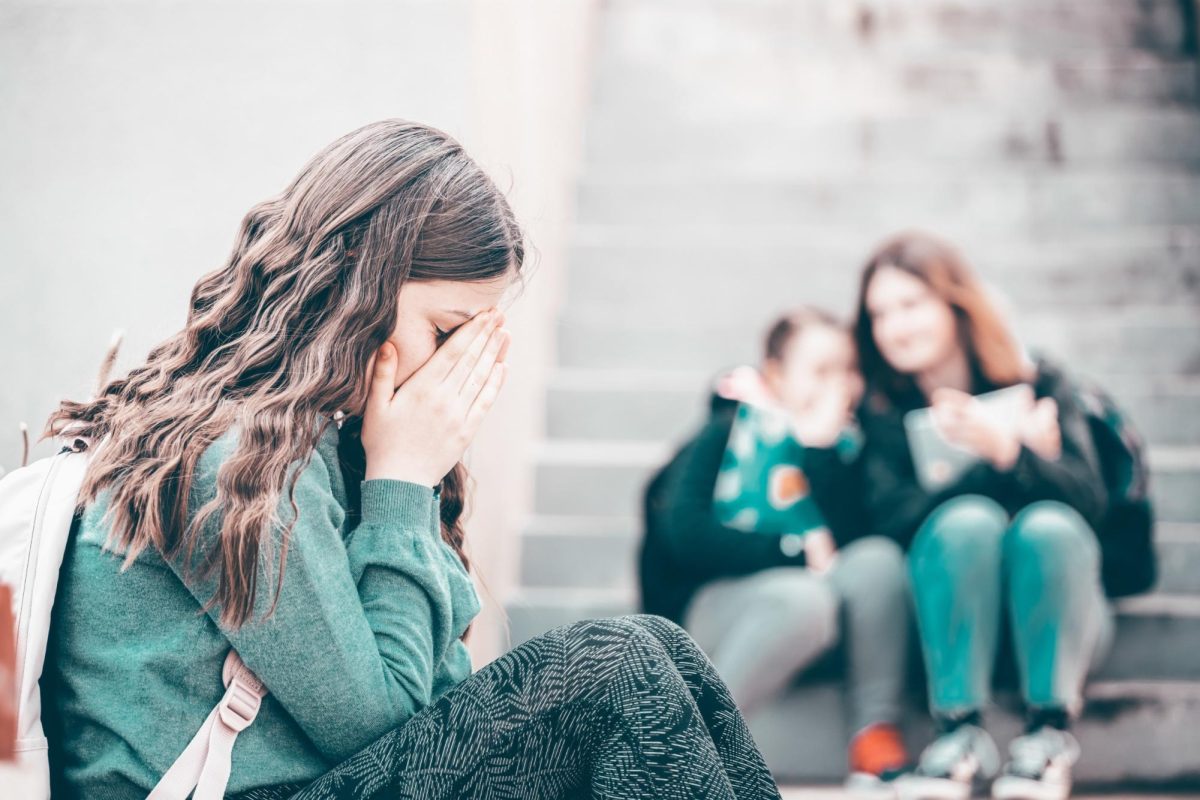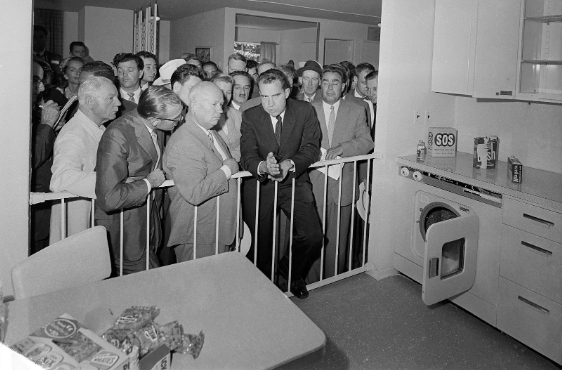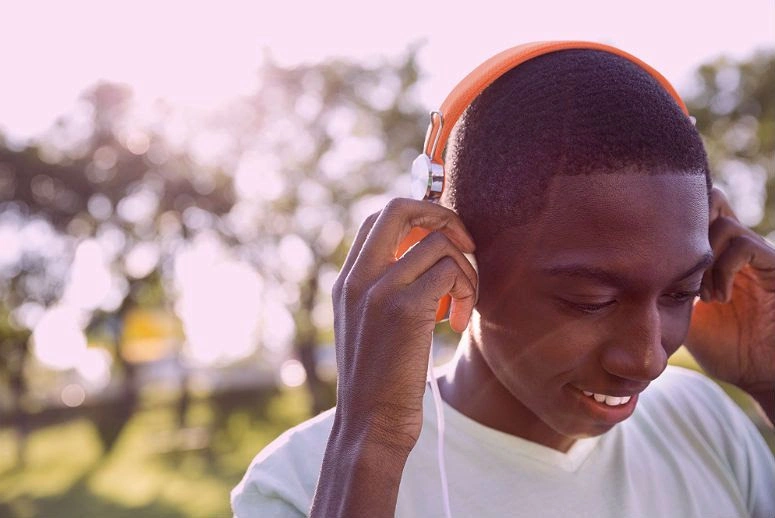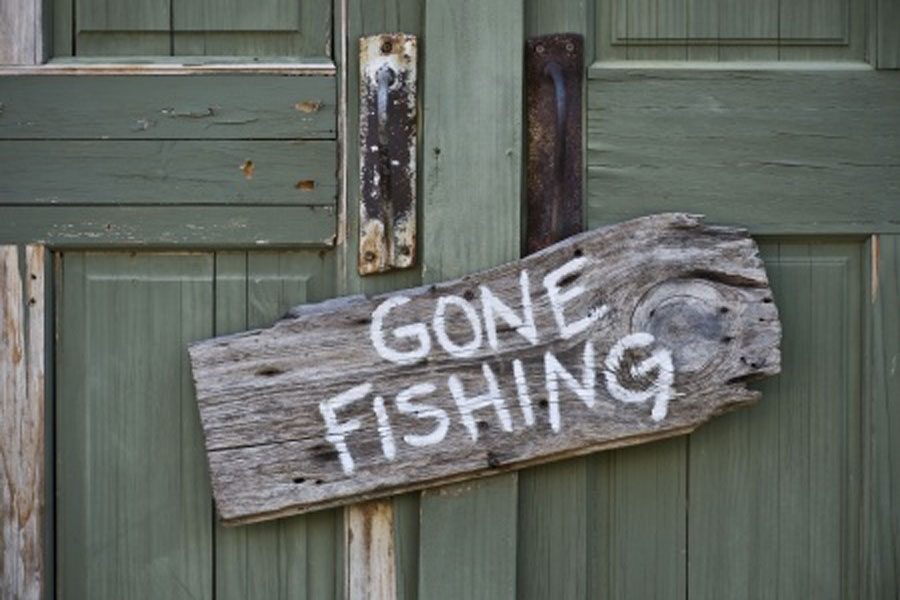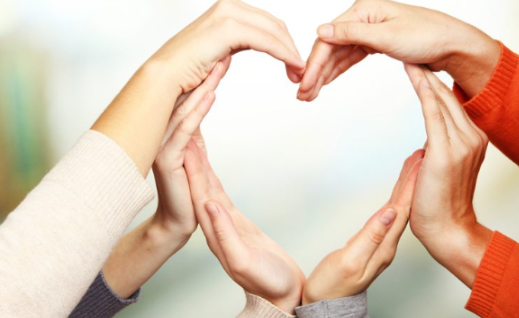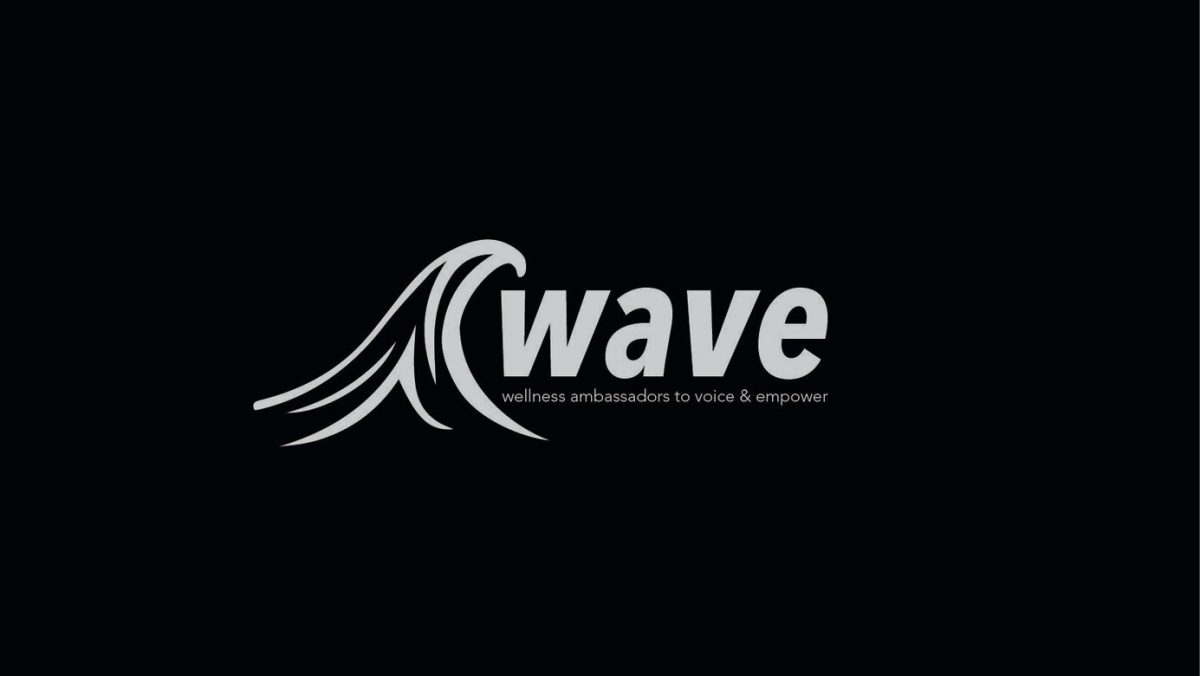Social anxiety plays a big part in high school students’ lives. It keeps students from sharing a big part of themselves – their personalities and their opinions. This undeniable aspect of teen dynamics prevents the creation of new friendships, thoughtful discussions, exploring new interests, and even learning.
Students often get self-conscious and anxious when they are asked to speak. They feel like they’re being judged when speaking in front of the class or raising their hand and they rather not run the risk of embarrassment, even if they know the answer or have something to contribute.
In school, social anxiety influences students to skip lectures and avoid participating in group activities or class discussions. In general, when students skip class, they put their future in jeopardy. In addition, their confidence and self-esteem isn’t given an opportunity to grow.
According to the article “How To Deal With Social Anxiety in High School” on the Unify High School website, and the fact sheet on the Nemours KidsHealth website, lots of social anxiety can be caused by negative experiences such as bullying, teasing, humiliation, family conflict, trauma, and abuse. Because of these negative experiences, lots of students turn to unhealthy coping mechanisms like drugs, alcohol, self-harm, and overeating.
Mercedes Rodarte, a sophomore at Santa Fe High School, struggles with social anxiety. When it comes to meeting new people, she struggles with the fear of not being likable and gets panic attacks. But she has methods of coping. “I take deep breaths and draw to make my mind slow down,” she said. She also shared that she has fallen into the habit of ditching class: “I have not really tried to change it, but I hope to soon.”
Mercedes shared this advice: “Breathe and focus on the good. Close your eyes and imagine you’re in your happy place.”
Florinda Urioste, a freshman at Santa Fe High, struggles with social anxiety in class. “I have a fear of people judging me when I get called on to answer a question,” she said. “I get nervous when I have to answer because I’m afraid I’ll get the answer wrong and my peers will judge my intelligence.”
Florinda recalled a time in seventh grade when she was called on to answer a question and got it wrong. “It was an obvious answer to everyone but to me. I was not understanding, and so when I got it wrong, everyone looked at me like, how could I not have gotten it?”
Christal Chavez, a junior at Santa Fe High, doesn’t struggle with social anxiety. Instead, she’s a social butterfly. At one point Christal said she struggled with being timid. “I learned that it is more fun to be outgoing and spontaneous,” she said. “It is very exciting, especially when you want to know certain things and explore different aspects. I feel that I am a curious person and love to know new things.”
Christal said she does get anxious sometimes, but only when she feels her personal information that she told to her closest friends is going around. “But then I realize that they’re just living and going about their lives like me. I also think that I can only change what I say in the future instead of worrying about what I say during the day.”
Advice that Christal would like to share is, “Just think about yourself and what your true focus is on. Whether that’s being with your friends or being by yourself, just make sure you are satisfied with your environment. Social anxiety comes from what our environment consists of, and whether we feel secure in ourselves. Try some thought-releasing, like some simple meditation or positive affirmations that will help you get through the day in the best and most positive way possible.”
There are many ways to work through social anxiety, little by little. According to the Unify High School article, simply practicing basic social skills and introductions can allow someone to become more comfortable in all aspects of their life. In addition, learning to use relaxation strategies such as breathing exercises, and being able to recognize when they are getting overwhelmed or thinking negative thoughts, is essential. It is at those times when people should pause, breathe, and think positively.
More ways to improve personal happiness and expand social skills are to start joining after-school activities or something similar to slowly get out of your comfort zone, being physically active throughout the day, and eating healthily. To avoid resorting to negative coping mechanisms, talk to a friend or trusted adult, avoid alcohol and drugs, and get physical exercise.
For teens who are struggling with social anxiety and need someone to talk to, Santa Fe High’s counselors, teachers, and staff are always available to provide support.


